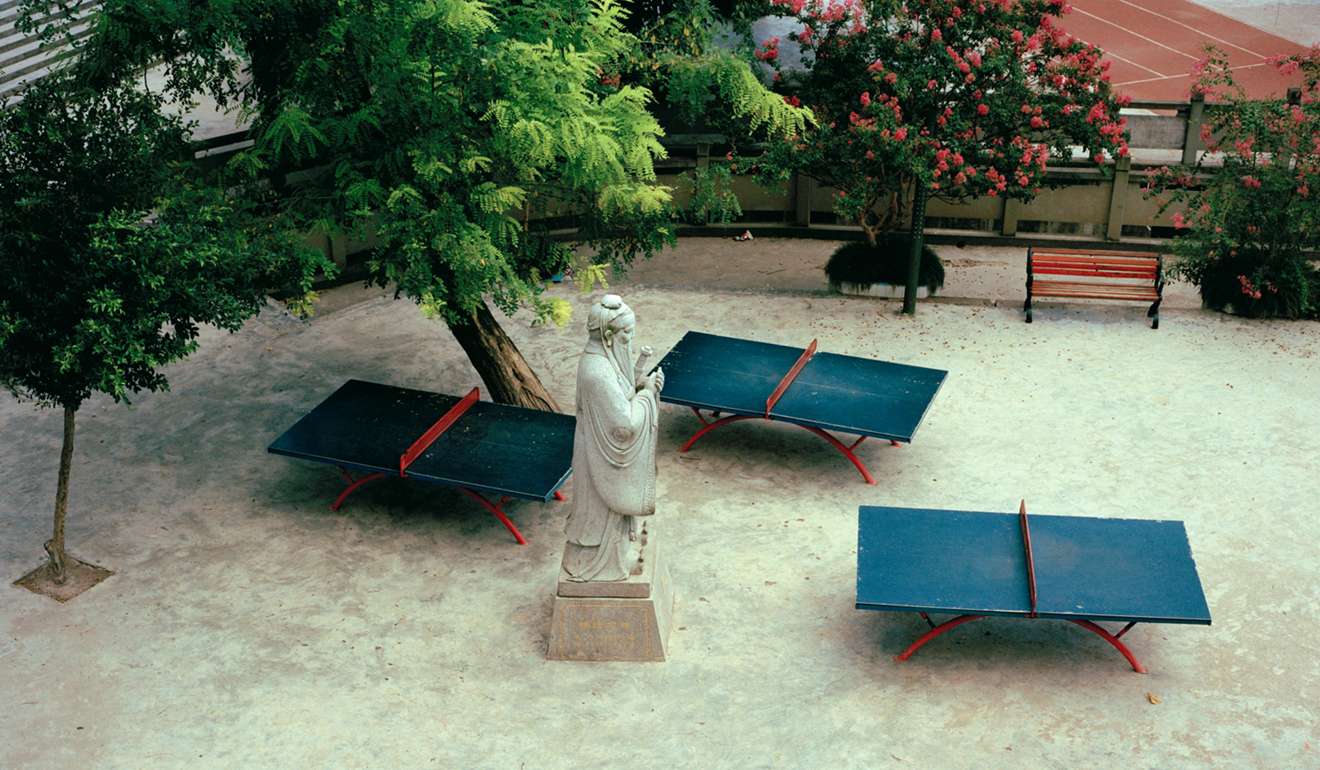
Photographer misses his home – especially when he’s there
Shi Yangkun uses his camera to capture a feeling known as solastalgia: the longing for a place that no longer exists
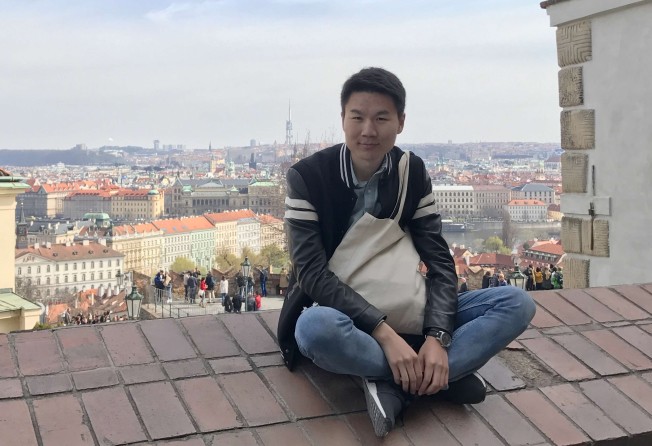
Over the years, SHI YANGKUN has left his home farther and farther behind. From Shangshui, a small county seat in central China, he went first to a neighbouring province for university, and then to Beijing and Guangzhou for summer internships. He eventually ended up in London for a master’s degree.
Every time he returns home, Shi is gripped by a sense of loss that can quickly turn to depression. The feeling stems from seeing a town that has changed beyond recognition and no longer evokes the fond memories or warm familiarity of childhood. As if standing in the eye of a storm, Shi sees everything swirling around him.
Propelled by the gap between his anticipation of his homecoming and the reality of his estrangement from the place, Shi turned to his camera to express his feelings. The 24-year-old roamed his hometown and the surrounding counties for two summer months, snapping pictures of children, livestock, abandoned objects and empty landscapes, his photos emotive with a quiet melancholy.
He named this project Solastalgia, after a term coined by Australian philosopher Glenn Albrecht to describe the distress produced by environmental change.
SHI talks to NECTAR GAN about confronting the present by chasing the past.

How did you first come across the term “solastalgia” and how did it resonate with you?
I first read about this word in an article on social media. The term was coined by Australian philosopher, Glenn Albrect, to describe his distress produced by I was immediately captured by its beauty and melancholy. Nostalgia is homesickness while away from home, but solastalgia is when you actually are home but you still miss it, because the reality no longer concurs with your memory. You’re overwhelmed by a sense of loss. You miss it even more terribly, knowing the home you grew up in is forever lost and can never be found again.
When was the first time you experienced solastalgia?
The first time I experienced it was when I was in university. Every summer and every Chinese New Year I would return home, and every time I returned I sensed something different, something that didn’t match my memories. It was distressing, even depressing. The town was changing so much, so rapidly, that it was hard to keep up. Just like everywhere else in China, which has hurried through massive urbanisation in the past few decades.
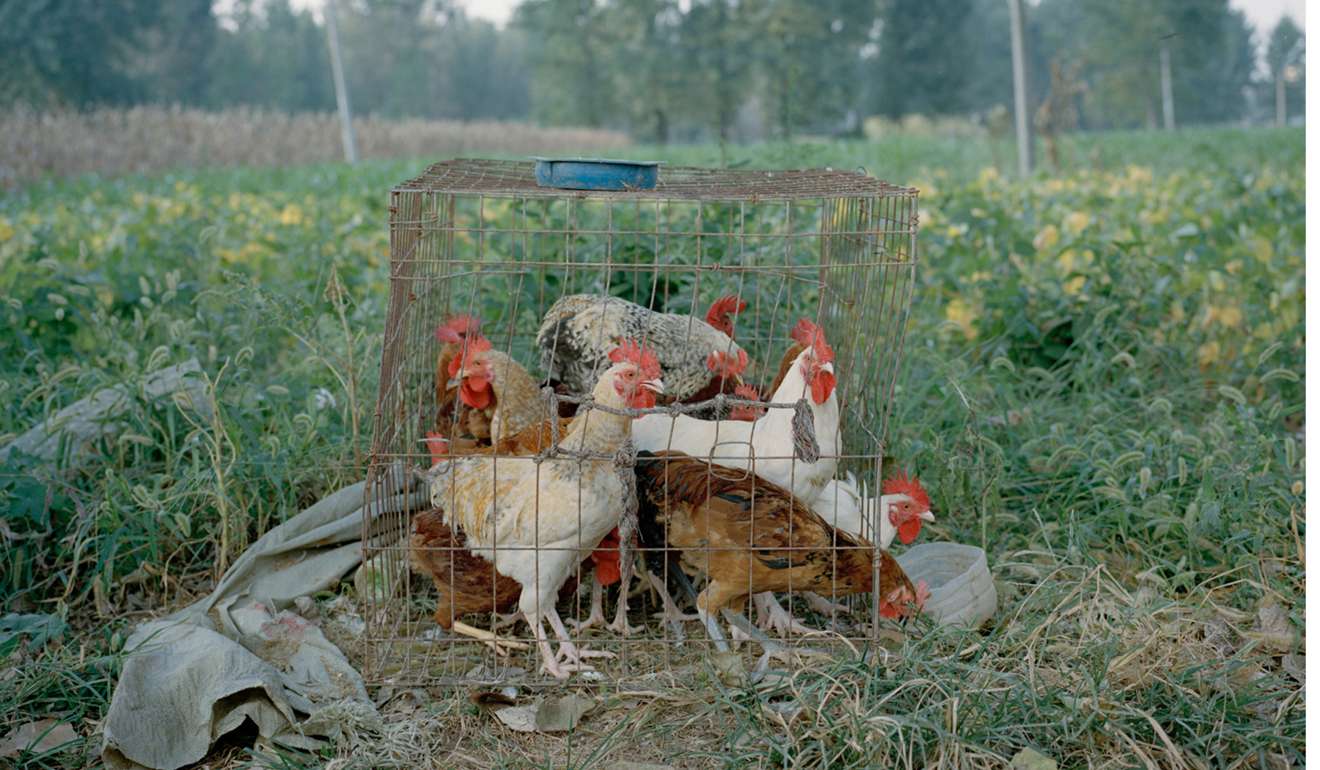
How has it changed?
The town, the environment, the people. There are more and more high-rises, traffic jams and air pollution. Old parks were replaced by buildings, many familiar places are gone. And then there are the people, my friends. Every time I return, the gap between us seems to have stretched a little more.
When I was a kid, the town was very small, three streets from north to south and three streets from east to west were pretty much it. There was nothing modern like now, no high-rises, no big wide roads.
My most vivid memory from childhood was sitting on the back of my mother’s bike weaving through the town, which was so small that whenever we went a little bit farther we ended up in wheat fields. I used to fly kites in those fields, or play with my friends.
But now, after years of rapid urban development, the wheat fields are all gone. The clear rivers flowing past the edge of the town where I used to fish are now polluted, with green muck floating on the reddish water. The whole town is screaming a sense of estrangement.
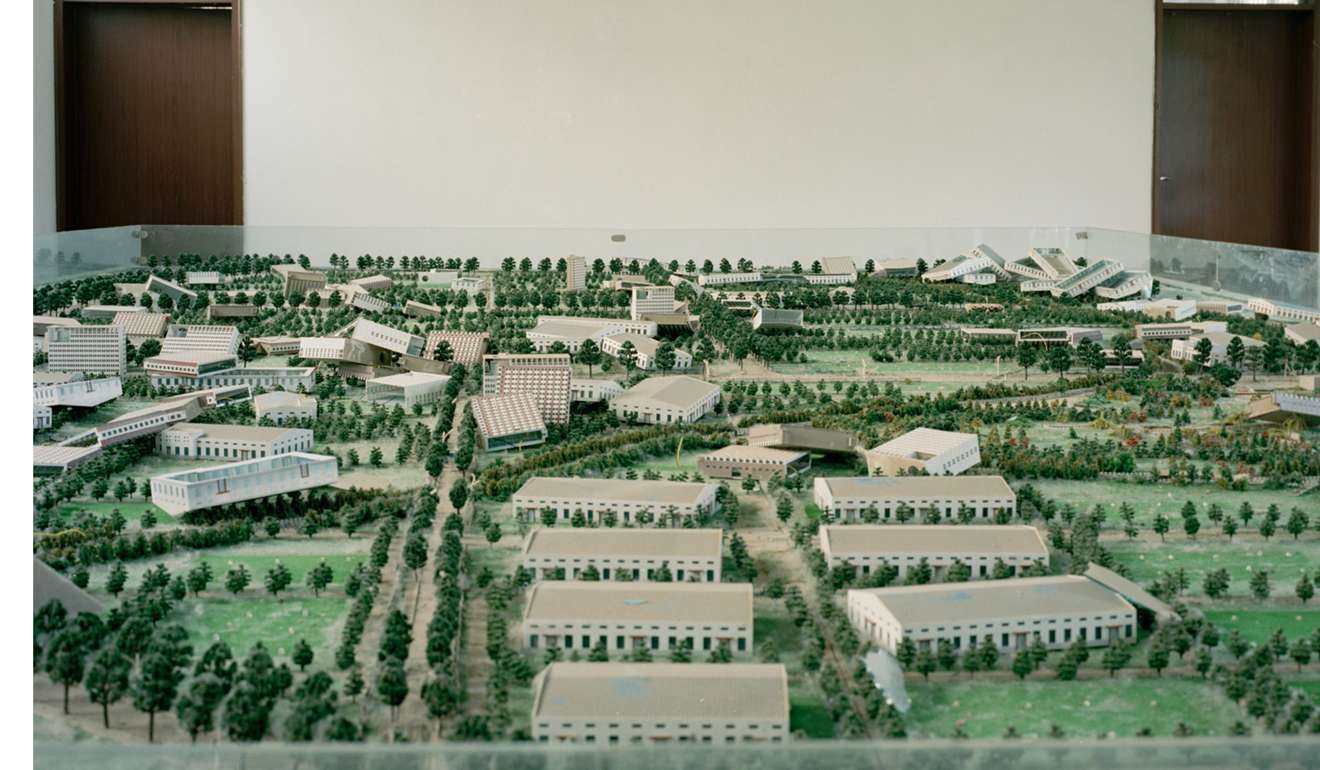
Why did you choose photography to express this feeling of solastalgia?
I chose the medium of photography because I did not intend to tell this story in its entirety. I don’t think photography can achieve that. If I wanted to achieve that, I could make a documentary or write an article. The most striking and interesting feature of photography lies in its uncertainty. A photo may not be able to tell a full story, but it can evoke many stories [and] many different kind of feelings, emotions and thoughts. Every person feels differently and responds differently when they see a photo.
This is also the key theme of my project, which is about uncertainty. It surrounds my hometown and me. It was also the first time I used a medium-format camera [which uses larger-than-35mm film for higher-quality photos]. It helped slow me down when I was shooting.
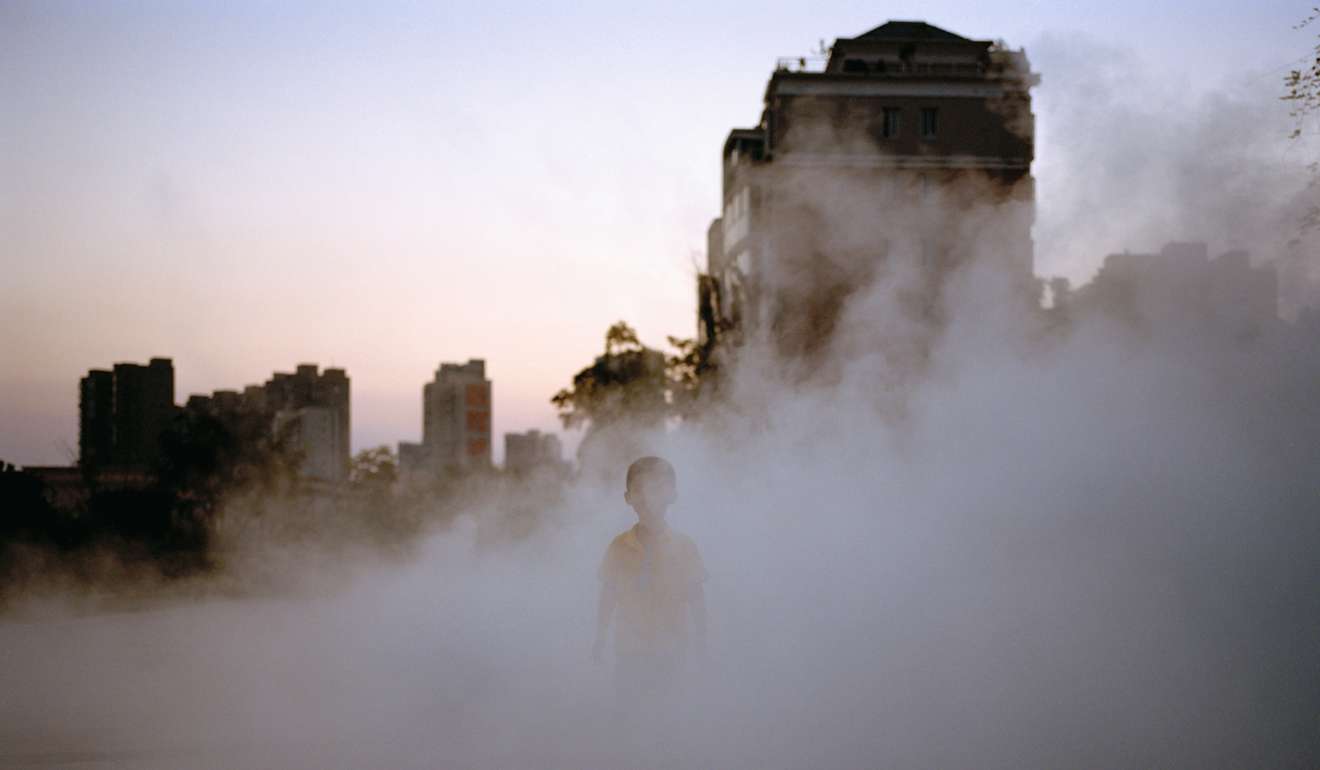
Do you think this sense of uncertainty is unique to you, or is it a common trait among your generation?
What’s the one thing in common among the generation born in the 1990s, which grew up in the tremendous transformation of China and its urbanisation? I would say it is this sense of uncertainty.
In the 20-odd years of my life, everything I see and have contact with is changing constantly, and I never know what will happen on a certain day. I grew up in a small county seat, then I went to a neighbouring province for college, and then to London for a postgraduate degree. I’ve crossed a huge gap. And still I feel uncertain every minute, every day. Amid all the swirling changes, I don’t know what will become of me, my hometown or society.